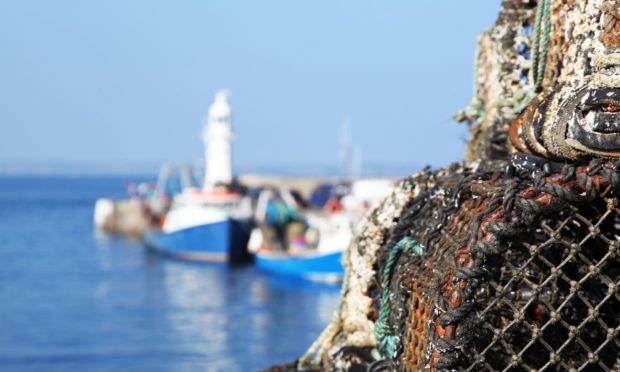The Scottish government has successfully appealed a judge’s decision that it didn’t follow proper legal guidelines when refusing a proposal for a pilot fisheries project in the Inner Sound of Skye.
Lady Poole had concluded earlier this year that Marine Scotland acted irrationally when it rejected a proposal made by the North West Responsible Fisherman’s Association.
The organisation proposed setting up an initiative in the waters which would establish separate zones for large prawn trawlers and creelers.
But Marine Scotland – the executive agency responsible for managing Scotland’s fisheries – rejected the idea after a public consultation.
Judge told Marine Scotland ‘acted unreasonably’
This prompted the Scottish Creel Fisherman’s Federation to launch a judicial review at the Court of Session in Edinburgh, which was heard last year.
Lawyers for the SCFF told Lady Poole that Marine Scotland acted unreasonably when it rejected its plan.
Its lawyers claimed the government’s guidance stated that local community groups could put forward a pilot proposal that could be approved.
They said that approval could be granted if such schemes provided firm proof that management of fishing stocks could be maintained and improved.
Advocate Michael Upton said his clients believed their proposal met that criteria. He said that the government should have disregarded the objections raised by the trawler fishermen and given the go-ahead to the scheme.
Lady Poole accepted the submissions made by the SCFF. This prompted the Scottish Ministers to go to the Inner House of the Court of Session – Scotland’s highest civil appeal court.
Appeal hears supreme court judge misinterpreted the law
Lawyers for the Scottish Ministers addressed Lord Carloway, Lord Turnbull and Lord Pentland. They told the Inner House judges that Lady Poole had misinterpreted the law and that Marine Scotland had acted correctly in how it dealt with its proposal.
In a written judgement issued by the court on Thursday, the court upheld the submissions made to it by the Scottish Ministers and overturned Lady Poole’s decision.
Lord Carloway wrote: ‘The court is unable to accept the fundamental basis for the Lord Ordinary’s decision to reduce the Outcome Report on the new proposal; viz. that the new proposal was part of the selection process for pilot schemes which the Cabinet Secretary had announced in May 2017, as an element of the Scottish Inshore Fisheries Strategy, and for which Marine Scotland had produced the Guidance.
“The Guidance was designed to create a framework within which proposals for pilots would be considered initially. It applied to the form of proposals submitted during that exercise.
Decision-making was ‘fairly and properly conducted’
“The petitioners’ new proposal was submitted, considered, and rejected in the course of a separate and stand-alone decision-making process. That process of decision-making was fairly and properly conducted.
“The consultation process and the reasoning which followed cannot be faulted. There was no procedural unfairness.
“The petitioners were given an opportunity, indeed an additional chance, to put forward their proposals. Their legitimate expectation was that these proposals would be considered in the light of the consultation responses, which they duly were. The decision ultimately reached gave a clear and reasoned explanation for not proceeding with the pilot. viz. the strength and nature of the opposition to it.
“Strength of opposition may not always be a sound base for rejecting proposals which have to be objectively valued against, for example, planning policy; but this was not a comparable exercise.”
Lord Carloway concluded: “The court will accordingly allow the reclaiming motion.”
